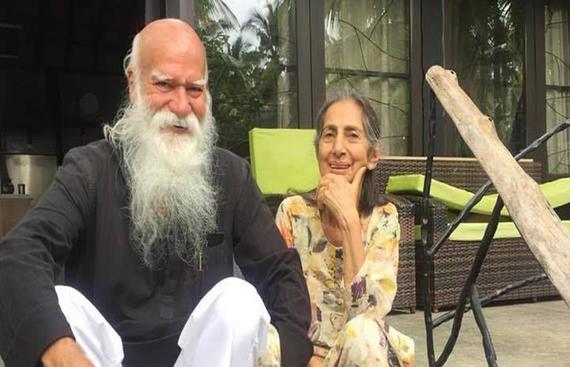Renowned Indian Designer Satya Paul Passes Away at 79
By
siliconindia | Friday, 08 January 2021, 19:55 IST

Satya Paul the founder of the iconic eponymous clothing brand that died in Coimbatore in Tamil Nadu on 6 January. He was 79.
Paul is renowned for the sari, opened his first store in the prime location of south Delhi’s South Extension area in April 1985. What made him famous was the “contemporary sari" figure-hugging and digitally printed. Buildings, large flowers, bold stripes, scripts the Satya Paul sari designs came in patterns, colors and contrasts that broke away from the traditional aesthetic. Even the eponymous label’s scarves, ties, which were introduced in the late 1980s and 1990s, were considered modern or “progressive".
In a Facebook post, his son Puneet Nanda confirmed that the designer had suffered a stroke in December last year and had been hospitalized. “We finally got clearance from doctors to take him back to Isha Yoga Center, his home since 2015," Nanda wrote. “As per his wish, he gently passed on with blessings of the Master Jaggi Vasudev."
“Owning a Satya Paul sari was the thing back then. It was the only designer brand selling saris at the time," recalled Sunil Sethi, president of the Fashion Design Council of India, who knew the self-taught designer before he became “the Satya Paul of the fashion industry". Paul started in the restaurant business, working with his father in Sarojini Nagar, then opened a clothing store and export business, and slowly moved up the chain to luxury fashion designer. By the mid-1980s, he had established Satya Paul as a premier design label. “He was among the very few Indians who were selling at top shops in the UK and France. He was a big hit in Japan; no Indian had reached Japan by then," said Sethi, who was a buying agent in the mid-1980s and would meet Paul regularly either at the latter’s South Extension store or farmhouse in Chhattarpur.
Paul’s draw was not just eclectic designs. It was also Satya Paul, the charismatic marketeer. Sethi says: “His presentations to the customers were just impeccable… he would sell his products as if he was selling the most precious stones. And it all came from his belief in his craft, his ‘spiritual’ approach to work, his constant instant search for spirituality."



.jpg)
.jpg)
